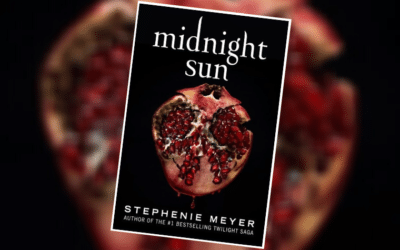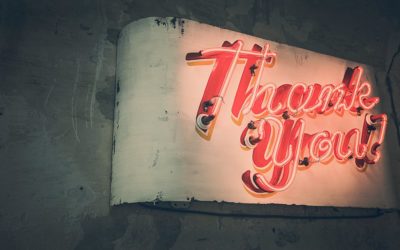My favorite lists to read are the Best Books lists.
Bill Gates reveals his favorite books of 2016
The New York Times 10 Best books of 2016
Kirkus Reviews Best fiction of 2016
Kirkus has a great list because it includes the often derided category of Romance.
Kirkus also includes one of my favorite novels of the year, Homegoing by Yaa Gyasi. If I could pick one book this year that everyone should read, it would be this.
Read Homegoing and Listen
We believe the one who has power. He is the one who gets to write the story. So when you study history, you must always ask yourself, Whose story am I missing? Whose voice was suppressed so that this voice could come forth? Once you have figured that out, you must find that story, too. From there, you begin to get a cleaner, yet still imperfect, picture.

The story takes us from 18th century on the Gold Coat of Africa to the 21sth century in America. But I should also say stories, plural, as each chapter represents a new person whose experiences differ but whose origins come from a set of twin sisters, Effia and Esi. Eiffia marries an English slave trader; Esi is sold into bondage. Each new story weaves into the next, via a connectedness of blood as well as a connectedness of hurt. The hurts come from all sides. The English Empire. Competing tribes. Plantation owners. Other slaves. Drugs. Love. Jim Crow.
Homegoing is Gyasi’s debut novel, and she shows her skill. Every unique character feels like they belong, that they are integral to the story of Effia and Esi. Every story Gyasi tells has an arc that engages the reader even when you know a happy ending is rarely going to happen. The happiness of this book comes in small sparks, but even with the horror and pain, I never wanted to put the book down. This was not a book to be endured but rather a book to experience. The agony, the roadblocks, and the brutality are frustrating, but I always wanted to keep reading because Gyasi was always telling us the truth. I trusted her, which is the highest compliment I can give an author.

There will be a character that will resonate more with you. For me, it was was the character called H, a slave freed by the Civil War who finds himself falsely imprisoned by the state of Alabama because he couldn’t pay the fine for “studying” a white woman.
Maybe I didn’t want to leave H because I was born and raised in the South, and I could easily see the people he was dealing with. Maybe because of the current political climate in which we feel helpless (not that mine compares in any way), I was horrified by the way things were even after Emancipation. Slavery, in a different form, came quickly for H. (See also Ava DuVernay’s 13th). There was nothing H could do but endure his time in the coal mines of Alabama until he got out to find a bit of peace first fighting as an union organizer to eventually creating a family and continuing what Esi was forced to begin.
He thought abut going back home, but realized that he didn’t know where home was. There was nothing left for him on the old plantations he’s worked, and he had no family to speak of. The first night of his second freedom, he walked as far as he could, walked until there was no mine in sight, no smell of coal clinging to his nostrils. He entered the first bar he saw that contained black people, and with the little money he had, he ordered a drink.
The best way to be an ally is to listen. Many white Americans won’t read the stories written by people of color. We don’t engage with art and literature that tells us a different story. We think that because one time we read The Brief and Wondrous Life of Oscar Wao or a novel by Zadie Smith, that makes us open. But our experiences with non-white literature are few and far between. We don’t listen. We need to.




